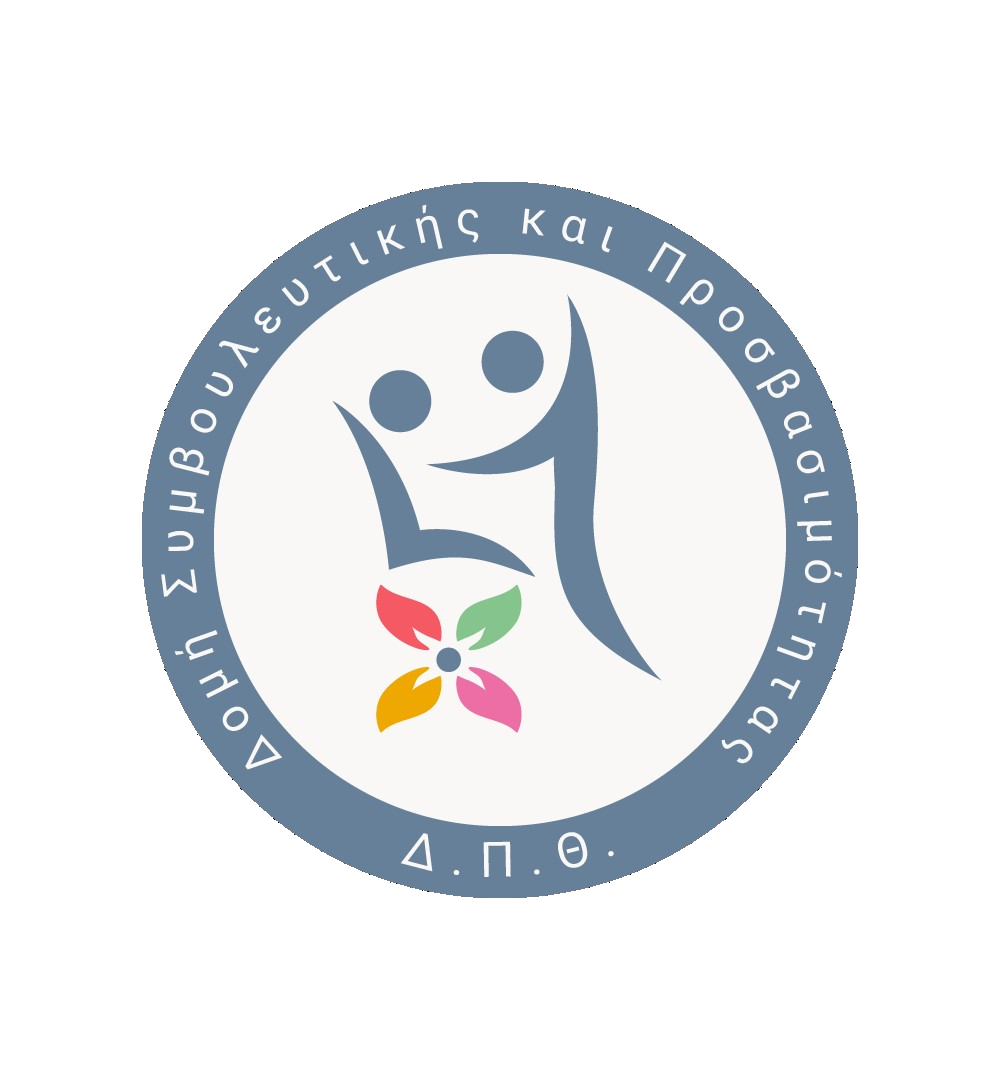In order for someone to describe his emotional difficulties, expressions like “I am nervous”, “I am having a panic attack”, “I am depressed” are common. Nevertheless, a distinction between a state of emotional distress that someone might feel due to a specific stressful factor and behaviors that are symptoms of a serious psychological disorder like depression or stress, must be pointed. Everyone in daily life has to come across difficult situations that cause anxiety, distress, sadness and grief. This emotional discomfort is a different situation and certainly much more easily manageable than the strong signs of a clinical condition, like emotional or stress disorders that psych experts can diagnose after thorough examination and evaluation.
All of the above are contributing factors that weigh heavily upon students and lead them to feel various emotional difficulties. Given the fact that faculty members and staff are frequently connected with the students, it is likely that they could encounter behaviors indicative of the emotional difficulties that their students are experiencing, such as:
– Changes in their behavior or academic performance e.g. a student that suddenly stops attending classes.
– Sudden emotional changes e.g. bursting into tears, intense anxiety, strong emotional reactions.
– Extreme dependency upon faculty or administrative personnel.
– Repeated appeals on special treatment.
– Distracting behavior inside the classroom e.g. aggressiveness.
– Indications of drag abuse e.g. alcohol breath or drag use.


